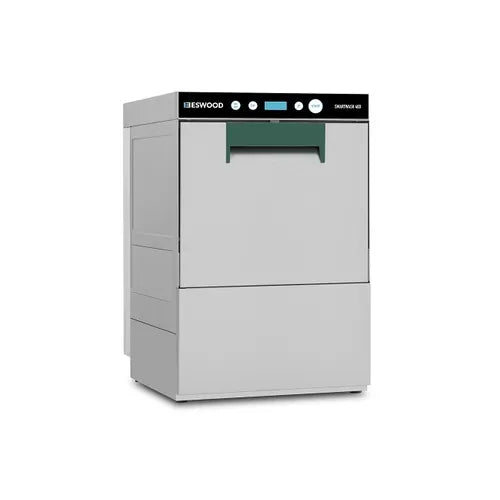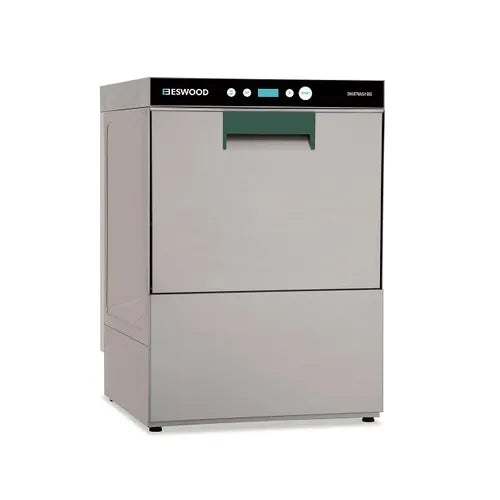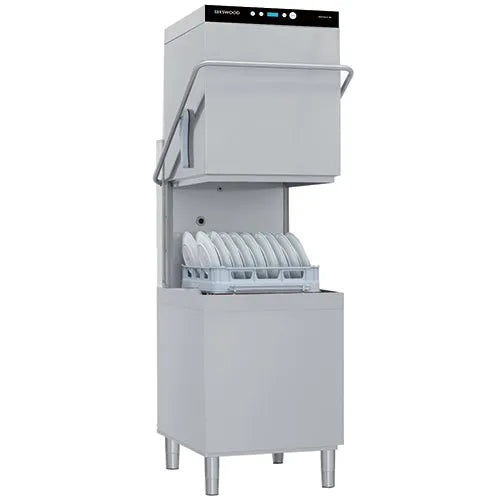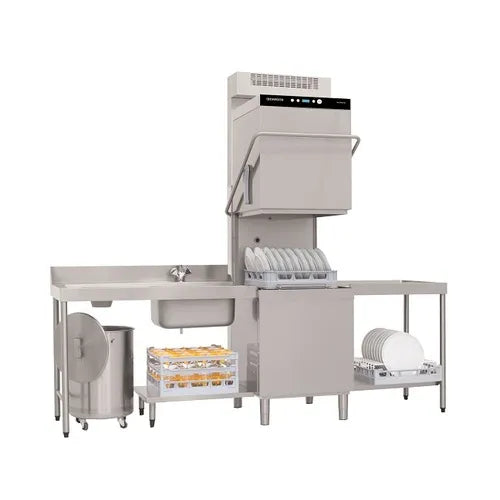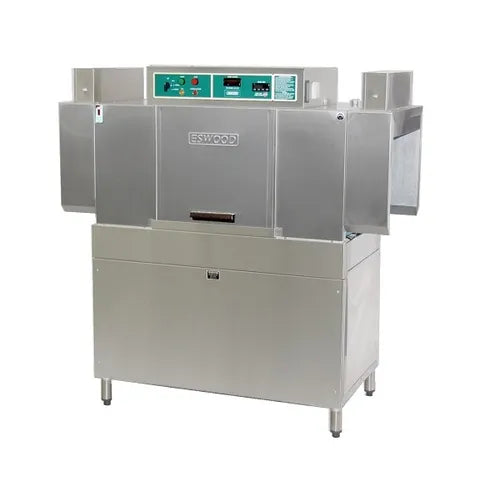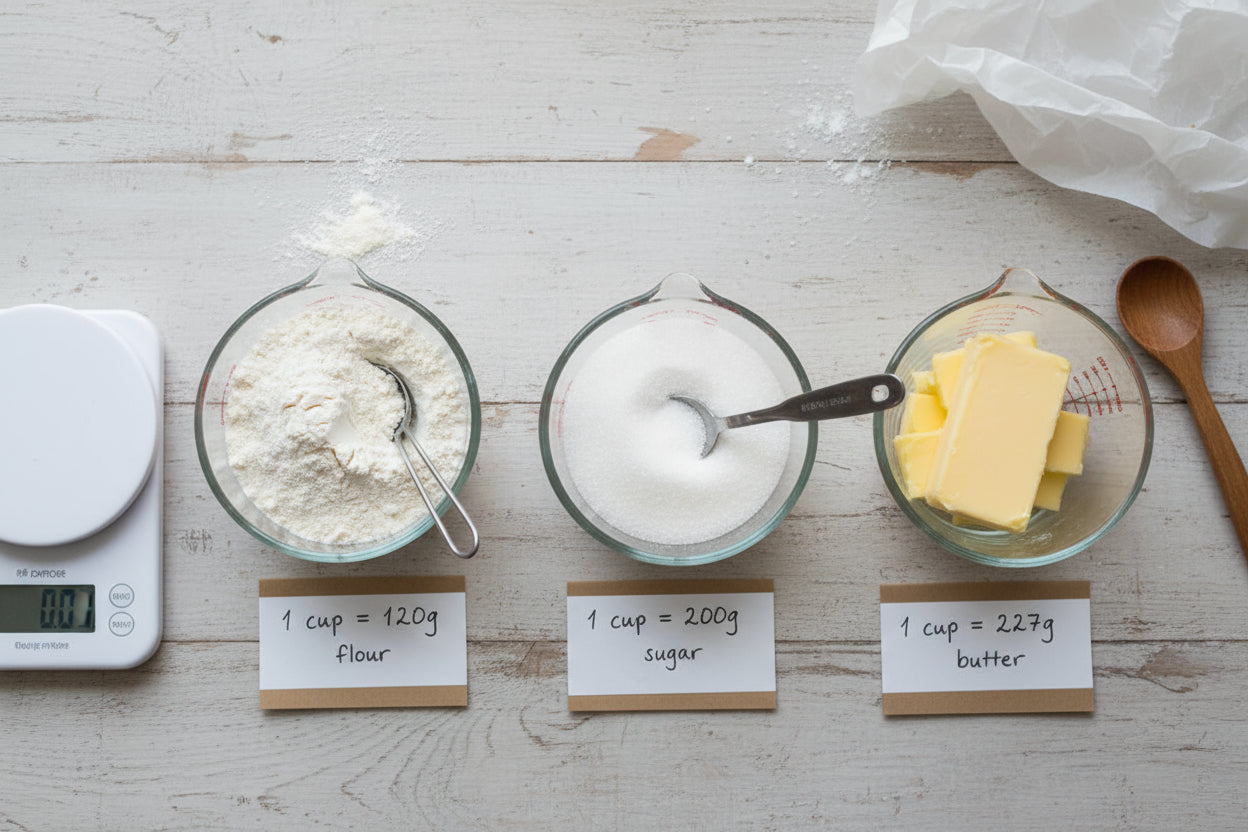hen investing in commercial kitchen equipment, it's natural to expect some flexibility with returns. But when it comes to used equipment, especially in foodservice settings, the rules are far more rigid—and for good reason. Here’s why suppliers and manufacturers often enforce strict “no returns” policies on used commercial kitchen gear, with a special focus on food safety, hygiene, and operational risk.
🚫 The Risk of Food Safety Violations
Used Equipment Can Compromise Sanitation Standards
Once a piece of commercial equipment has been installed, connected to utilities, and used in a food prep environment, it's no longer considered safe for resale without comprehensive reconditioning. Bacteria, grease, mold, and allergens can accumulate in hard-to-clean crevices, making it difficult to guarantee the item meets health regulations—even if it appears clean.
Commercial foodservice operations must adhere to strict food safety laws, including:
-
HACCP (Hazard Analysis and Critical Control Points)
-
Local health department codes
-
NSF (National Sanitation Foundation) certifications
Returning used equipment that may have been improperly cleaned or exposed to hazardous materials puts future users and customers at risk. Reselling such gear without proper refurbishing is not only unethical but may be illegal under health regulations.
🔧 Performance and Warranty Issues
Usage Can Void the Manufacturer's Warranty
Most manufacturers void warranties once equipment is used outside controlled environments. Even a single use may:
-
Alter internal components
-
Affect calibration or factory settings
-
Cause damage from improper installation
This limits the ability of suppliers to resell or re-warranty the item, even if returned promptly.
🛠️ Custom Installations and Utility Connections
Many Items Are Not “Plug-and-Play”
Commercial gear—especially ovens, fryers, dishwashers, or refrigeration units—is often:
-
Custom-configured for gas, electric, or water specifications
-
Hard-plumbed or hardwired on-site
-
Calibrated based on location or climate
Returning used items that have been professionally installed can damage internal components during removal and make resale almost impossible without significant cost. Reinstalling them in a new location can further compromise safety and performance.
💸 Depreciation and Resale Challenges
The Moment It’s Used, Its Value Drops Significantly
Much like driving a car off the lot, the resale value of commercial equipment plummets once it’s used. Vendors cannot market it as “new,” and many buyers are hesitant to purchase used equipment without major discounts, warranties, or documented refurbishments.
Suppliers would absorb these losses if returns were allowed freely, making it financially unsustainable to accept returns on used gear.
✅ The Industry Standard: "Final Sale" for Used Equipment
Most equipment suppliers have clear terms and conditions stating that:
-
All used equipment sales are final
-
Items must be inspected upon delivery
-
Returns are only accepted if the product is unused, unopened, or demonstrably defective out of the box
It’s critical to review these policies before purchase and work with suppliers who provide detailed product specs, inspection options, and support during installation.
🧠 Pro Tips: How to Avoid Return Frustrations
-
Inspect on Arrival – Check for shipping damage and report issues before installation.
-
Ask for Demo Units – Some suppliers offer refurbished or demo models with limited warranties.
-
Request Specifications and Compatibility Checks – Ensure the equipment matches your utilities and kitchen layout before purchase.
-
Buy from Certified Dealers – They often offer limited warranties or inspection guarantees on used gear.
Final Word
Returning used commercial kitchen equipment isn’t just a business inconvenience—it’s a serious food safety and liability concern. Understanding why these policies exist helps operators make smarter purchases and avoid costly mistakes down the line.


